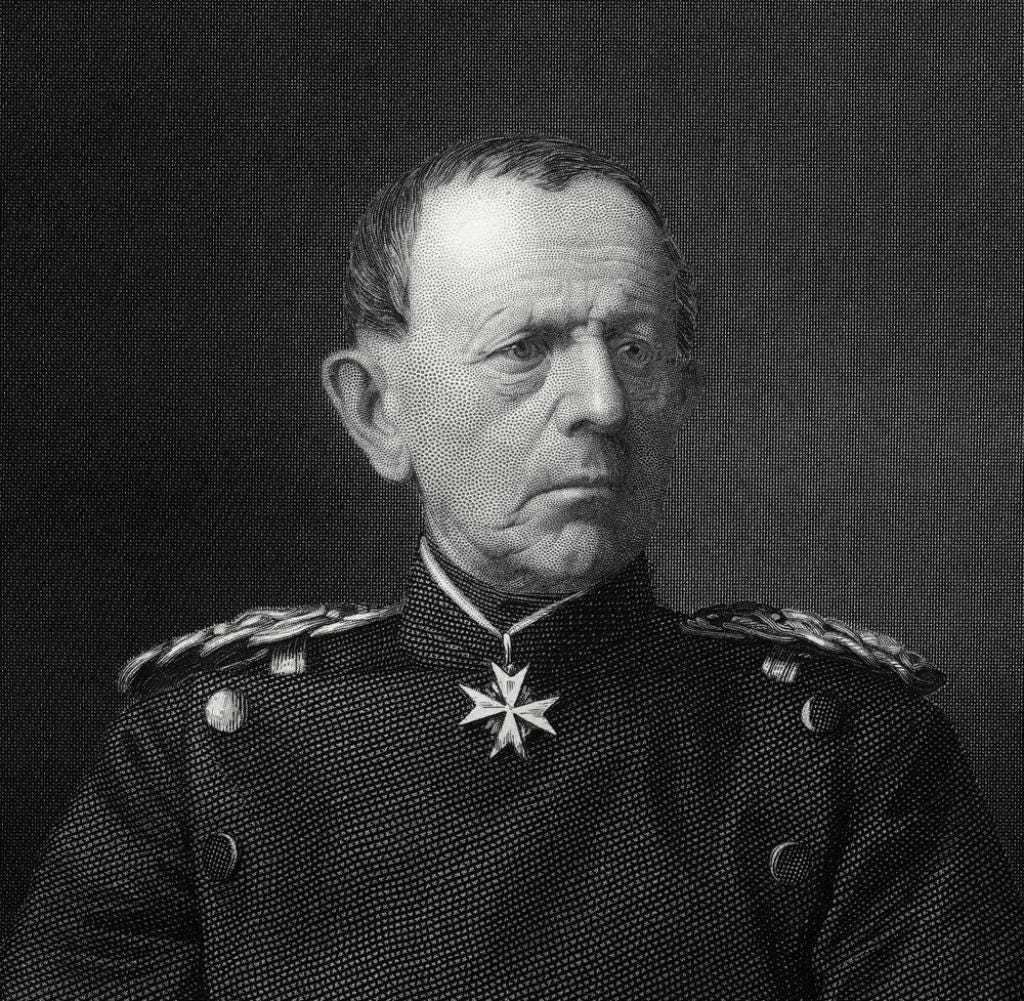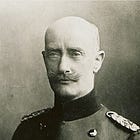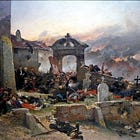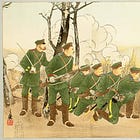“It is endlessly more difficult to act than to judge after the fact, so much so that anyone who has been called upon to make, and then carry out, decisions under pressure, finds those who offer opinions after the fact to be somewhat presumptuous. Critique, which is so much less worthy than action, will therefore have to be satisfied with full impartiality and the careful weighing and use of all evidence that sheds light on the events in question. As a rule, decisions that, at first, appear to be unpractical or illogical make complete sense once one becomes aware of the motivations, frictions, and difficulties encountered in war.”1
These words of Field Marshal Count Moltke apply, not merely to the appreciation of actual events in war, but also to the evaluation of decisions taken in the course of peacetime exercises, whether with troops or without. That said, critique can only instruct if it clearly explains the relationship between causes and effects. Clausewitz interjects that, where war is concerned, one can never know the true causes of events.2 Of course, when he said this, he was thinking of the limited historical accounts of his day. These days, the situation is much better.
As early as 1861, Moltke himself wrote, “At the present time, the large number of eyewitness reports, whether spoken or preserved in print, shed light on so many particulars of the larger picture that it is possible to obtain an exact knowledge of both the theater of war and the belligerents, and, with the help of official and semi-official accounts from both sides, to figure out the essential relationships among events.”
In 1867, the field marshal wrote, "an accurate historical account provides the sharpest critique," and, under his leadership, this principle guided the preparation of the official histories of the wars of 1864, 1866, and 1870/71.3 Indeed, it continues to influence the way that the General Staff prepares historical accounts. (Now that our major wars have been over for several decades, the authors of such histories can be less restrained in their opinions than they would have been shortly after the events in question.)
Source: This is the first part of a verbatim translation of Kritik, an article signed by Hugo Baron von Freytag-Loringhoven that appeared in the Quarterly Journal for the Handling of Large Units and Army Studies [Vierteljahrshefte für Truppenführung und Heereskunde] (1913) pages 653-659.
Links to all three posts in this series
To share, support, or subscribe
Kriegslehren [Lessons of War] Volume III, page 452
Vom Kriege [On War] Book 2, Chapter 5
Moltke Op. Cit. page 452









“Clausewitz interjects that, where war is concerned, one can never know the true causes of events.2 Of course, when he said this, he was thinking of the limited historical accounts of his day. These days, the situation is much better.”
These days it’s much worse.